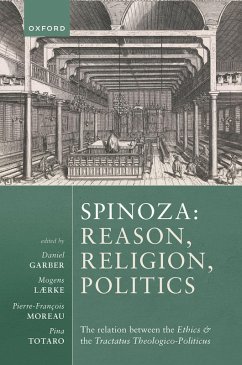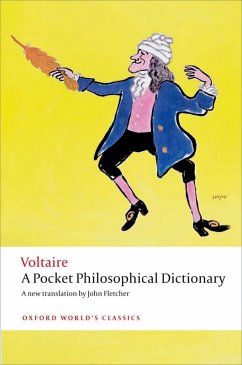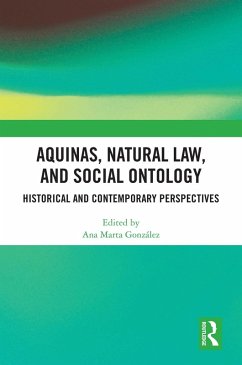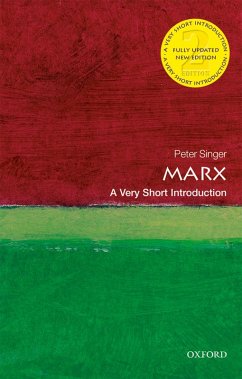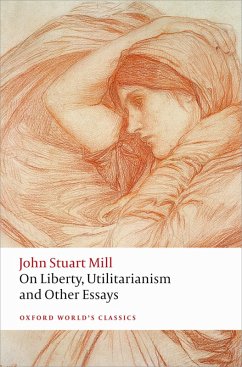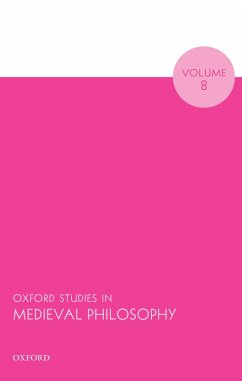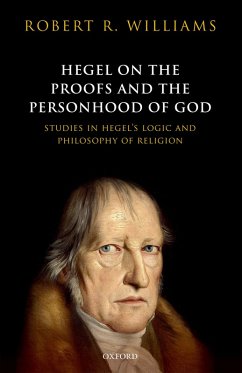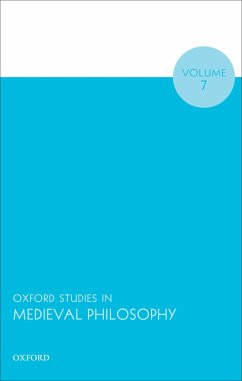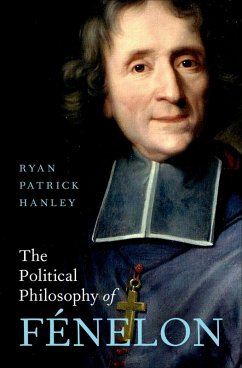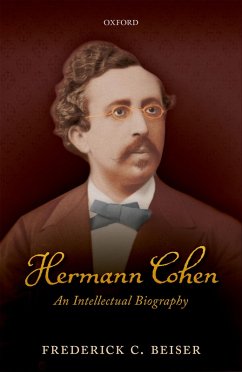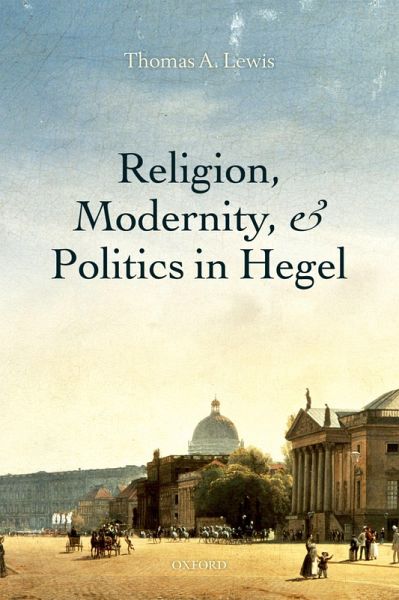
Religion, Modernity, and Politics in Hegel (eBook, PDF)

PAYBACK Punkte
6 °P sammeln!
Religion, Modernity, and Politics in Hegel analyzes Hegel's philosophy of religion and develops its significance for ongoing debates about the relation between religion and politics as well as the history of the conceptualization of religion. One of the most vital currents in contemporary Hegel scholarship argues that Hegel radicalizes, rather than reneges upon, Kant's critique of metaphysics. Critics have claimed that this new scholarship cannot account for Hegel's treatment of religion. Addressing an important lacuna in the scholarship, Lewis argues that reading Hegel's philosophy of religio...
Religion, Modernity, and Politics in Hegel analyzes Hegel's philosophy of religion and develops its significance for ongoing debates about the relation between religion and politics as well as the history of the conceptualization of religion. One of the most vital currents in contemporary Hegel scholarship argues that Hegel radicalizes, rather than reneges upon, Kant's critique of metaphysics. Critics have claimed that this new scholarship cannot account for Hegel's treatment of religion. Addressing an important lacuna in the scholarship, Lewis argues that reading Hegel's philosophy of religion in relation to these non-traditional interpretations of his intellectual project as a whole generates a new understanding of Hegel as well as a new perspective on religion, politics, and modernity. In relation to the conceptualization of religion, Hegel's complex and multi-faceted account of religion reconciles common contrasts, presenting religion as both personal and social, both emotional and cognitive, both theoretical and practical. In relation to politics, it is public without being theocratic and gives a decisive importance to individual conscience. Attending closely to Hegel's social, political, and intellectual context, the book begins with Hegel's early concerns with a modern civil religion in the tumultuous 1790s. After analyzing Hegel's crucial engagement with post-Kantian idealism, Lewis elaborates Hegel's mature philosophy of religion as presented in his Berlin Lectures on the Philosophy of Religion. This unique engagement between Hegel and the contemporary study of religion thus advances the non-traditionalist interpretation of Hegel's project as a whole and inspires a promising conception of religion that challenges those that have dominated both public discourse and religious studies scholarship.
Dieser Download kann aus rechtlichen Gründen nur mit Rechnungsadresse in A, B, BG, CY, CZ, D, DK, EW, E, FIN, F, GR, HR, H, IRL, I, LT, L, LR, M, NL, PL, P, R, S, SLO, SK ausgeliefert werden.




